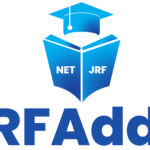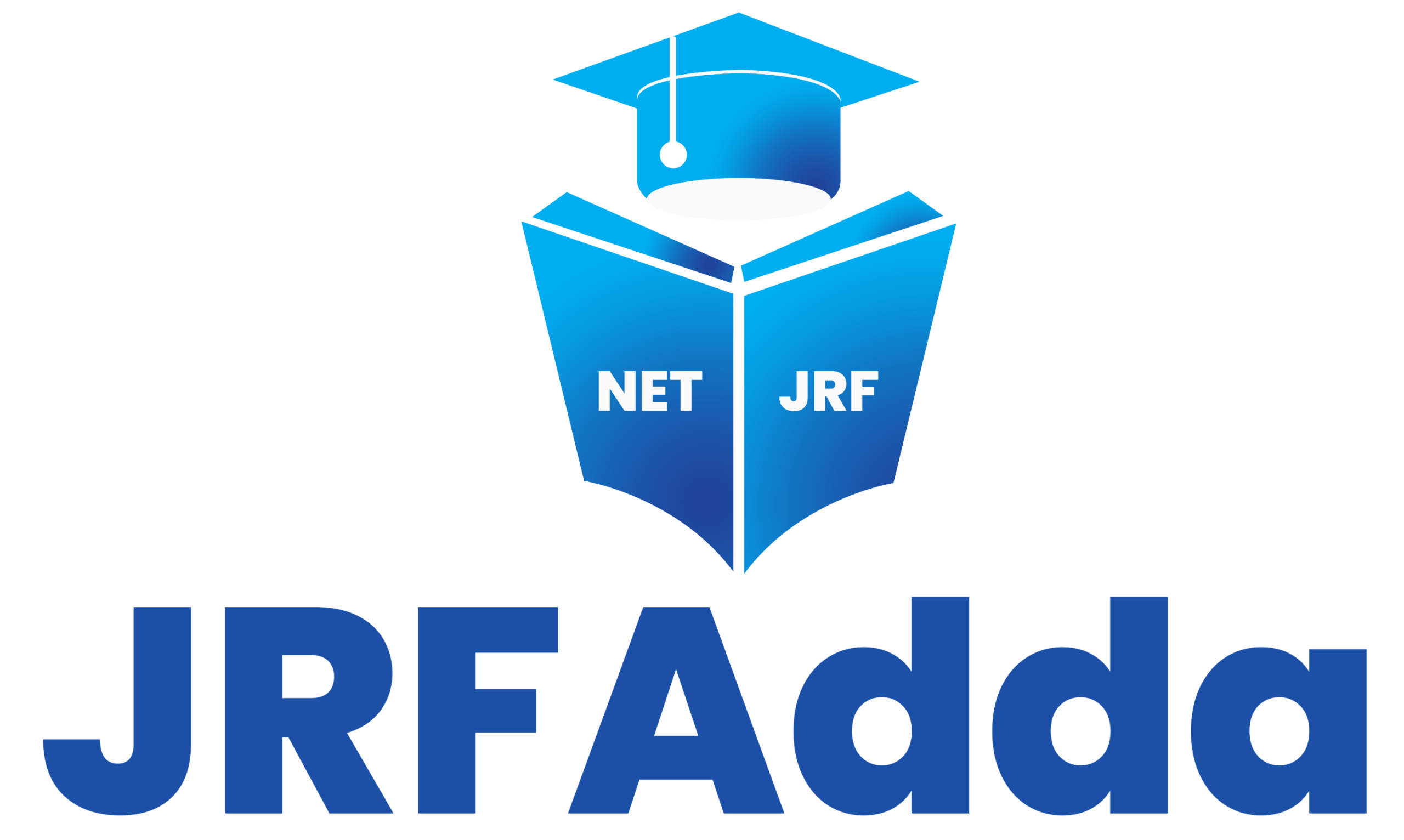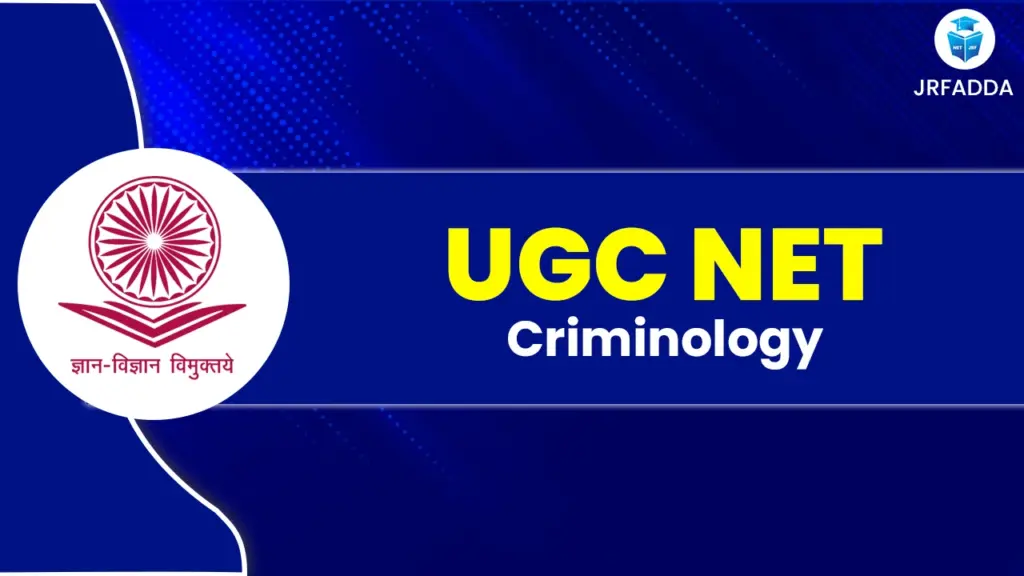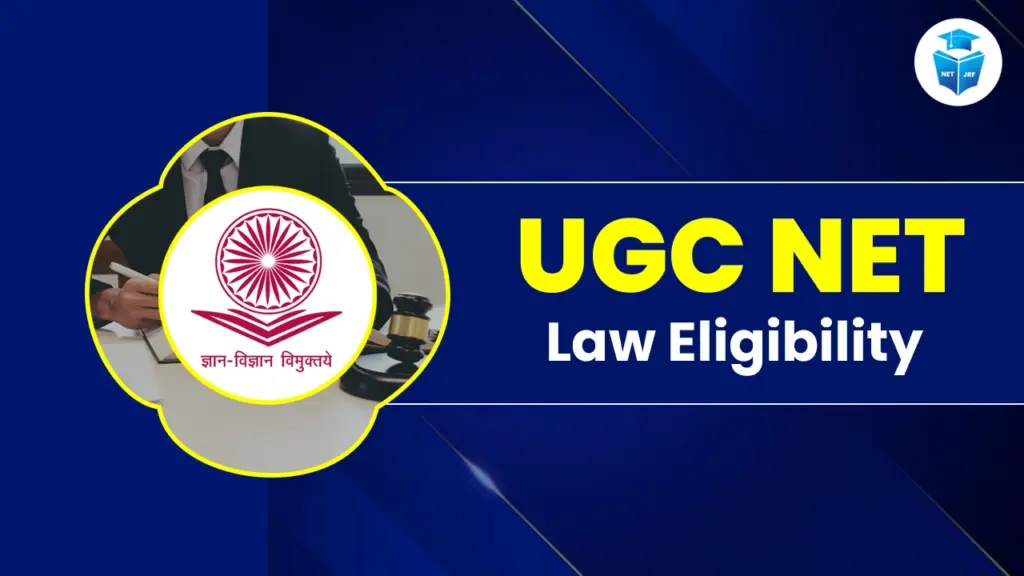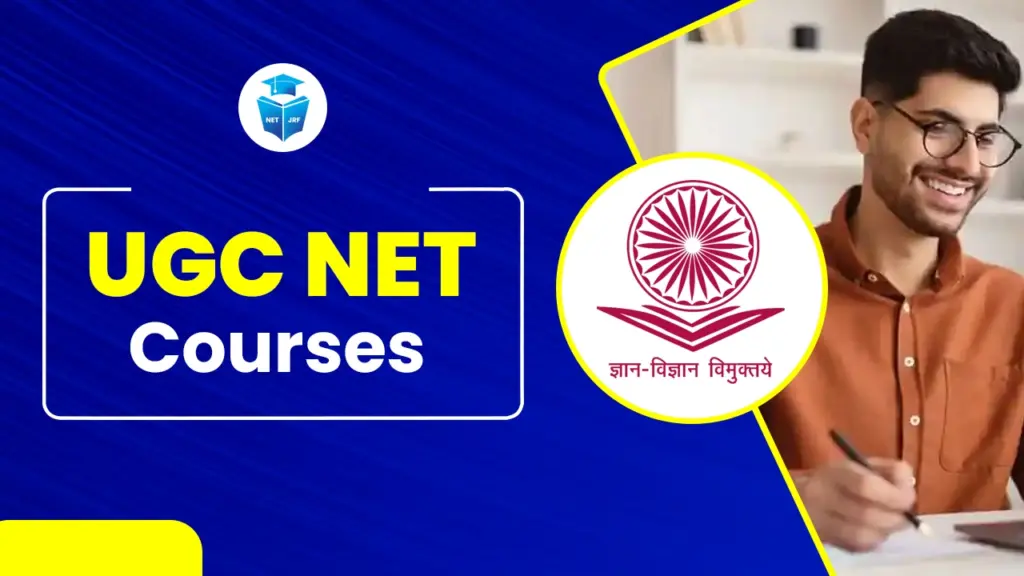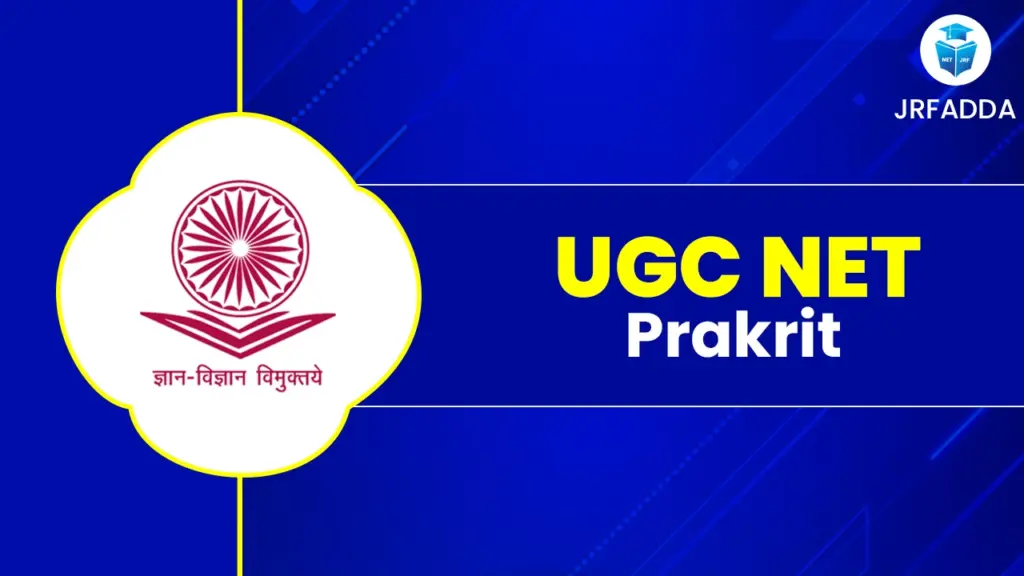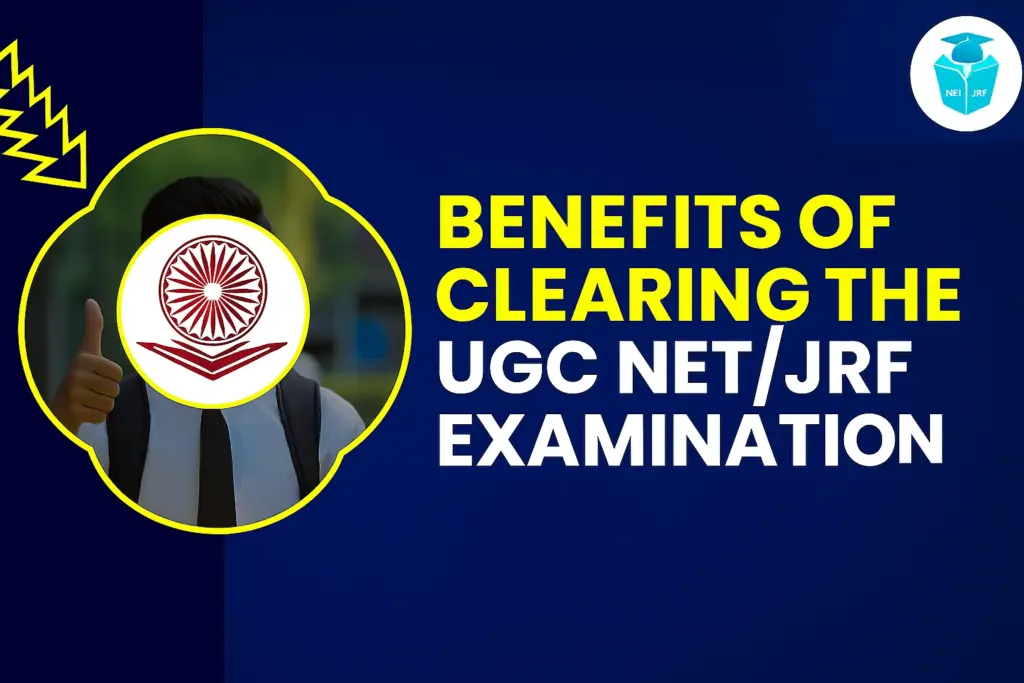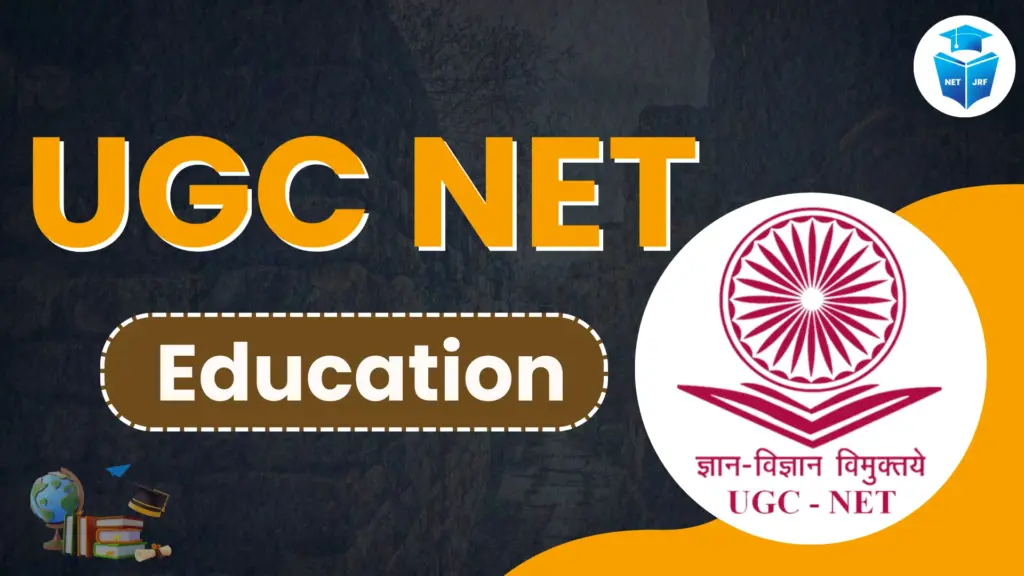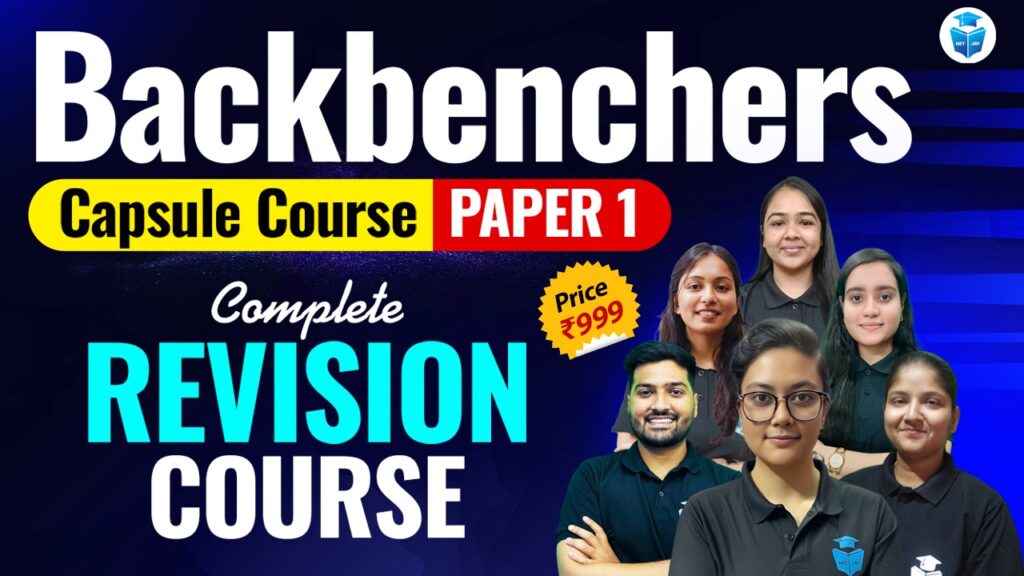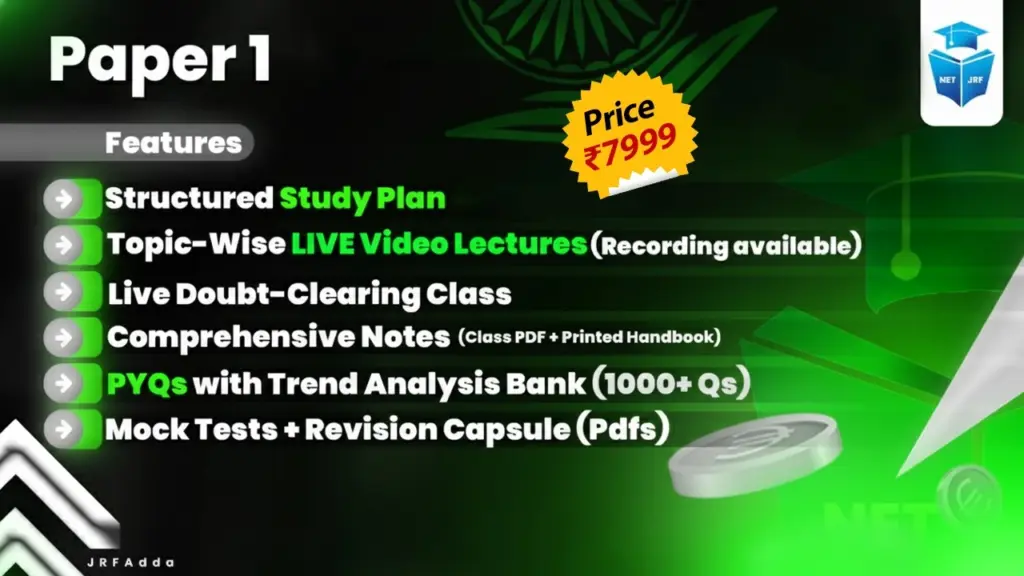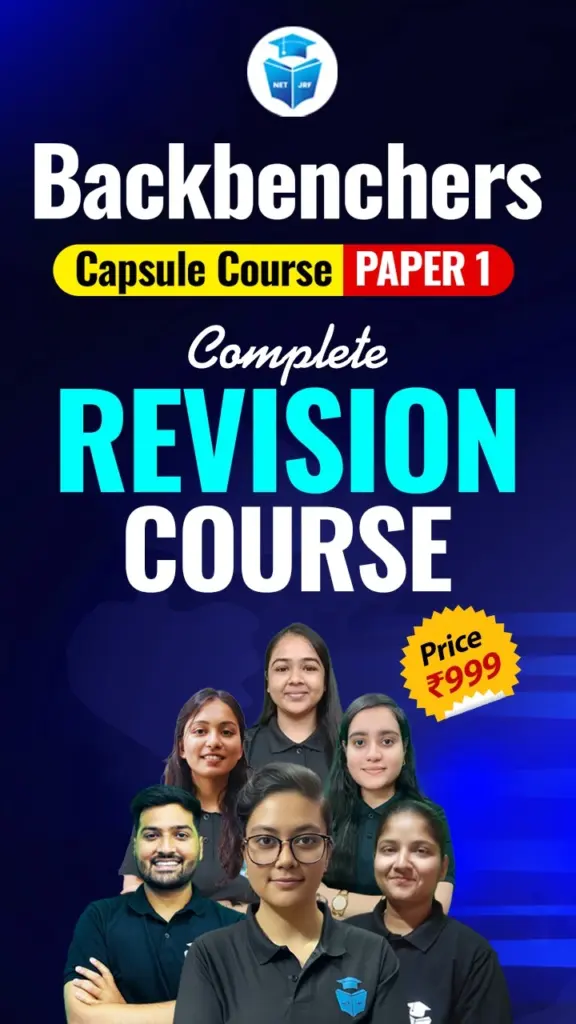UGC NET Criminology 2025 exam, conducted on 3 January 2026 (Shift 1), is a gateway for candidates aiming for careers in higher education, criminological research, and law enforcement policy. Criminology, an interdisciplinary field, focuses on the scientific study of crimes, their causes, prevention, and the criminal justice system.
This exam allows aspirants to qualify for Assistant Professor positions and/or secure the Junior Research Fellowship (JRF) for pursuing Ph.D. or advanced research. Organized by the National Testing Agency (NTA) on behalf of the UGC, it evaluates academic and research proficiency in criminal law, victimology, correctional studies, and forensic sciences.
Also Read: UGC NET Result 2025
UGC NET Criminology Exam Analysis 2025 (3 Jan 2026)
The UGC NET Criminology 2025 exam, held on 3 January 2026, Shift 1, was conducted by the National Testing Agency (NTA). The exam followed the standard format of two papers – Paper 1 (General Paper) and Paper 2 (Criminology).
The Paper I (General Paper on Teaching & Research Aptitude) maintained a moderate overall difficulty level, striking a balanced mix between conceptual understanding and application-based reasoning. Logical Reasoning proved most challenging (8-10 questions on syllogisms, fallacies, square of opposition), while ICT, Teaching Aptitude, and Communication remained easy-moderate and scoring sections. Research Aptitude and Data Interpretation demanded conceptual clarity but stayed predictable, with DI focusing on ratio/percentage calculations.
Paper 2 (Criminology) tested both theoretical knowledge and conceptual understanding. Candidates noted that some questions were analytical and case-based, demanding a thorough grasp of key criminological principles, crime theories, and criminal justice systems.
Also Read: UGC NET Paper 1 Exam Analysis Dec 2025
What is UGC NET Criminology 2025?
UGC NET Criminology is a paper under the UGC NET framework, aimed at evaluating candidates in their subject-specific knowledge of Criminology. Candidates are tested for their analytical abilities in understanding crime patterns, behavior, legal systems, criminal justice reforms, cybercrime, and socio-legal aspects.
Also Read: UGC NET Exam 2026
Key Objectives of UGC NET Criminology 2025
- To ensure the academic quality and eligibility of candidates entering Indian universities as faculty in criminology.
- To provide Junior Research Fellowship (JRF) to eligible candidates for undertaking funded research or enrolling in doctoral programs.
- To promote academic excellence and advance the study of criminology in India’s evolving criminal justice system.
- To encourage policy-based research in crime prevention and criminal rehabilitation.
UGC NET Criminology 2025 Key Highlights
| Feature | Description |
| Exam Name | UGC NET Criminology 2025 |
| Conducting Body | National Testing Agency (NTA) |
| Exam Level | National |
| Exam Mode | Online (CBT) |
| Total Papers | Two (Paper I – General, Paper II – Criminology) |
| Total Questions | 150 |
| Total Marks | 300 |
| Exam Duration | 3 hours |
| Negative Marking | No |
| Certification | Assistant Professor and/or JRF |
| Official Website | ugcnet.nta.nic.in |
Also Read: UGC NET Paper 1 Question Paper 2025
UGC NET Criminology 2026 Eligibility Criteria
Educational Qualification
- Candidates must possess a Master’s Degree in Criminology, Law, Sociology, Forensic Science, or any closely related field from a recognized university.
- Candidates in the final year of their post-graduation can apply provisionally.
Minimum Qualifying Marks
- General / EWS / OBC-NCL / Third Gender: Minimum 55% marks
- SC / ST / PwD / Transgender: Minimum 50% marks
Age Limit
- For JRF: Maximum 30 years as of the exam date. Relaxation: 5 years for SC/ST/PwD/female, and 3 years for OBC-NCL.
- For Assistant Professorship: No age limit.
Also Read: UGC NET Eligibility 2026
UGC NET Criminology 2025 Exam Pattern
| Paper | Subject | No. of Questions | Marks | Duration |
| Paper I | General Paper on Teaching & Research Aptitude | 50 | 100 | 3 Hours |
| Paper II | Criminology (Subject Specific) | 100 | 200 | 3 Hours |
| Total | 150 | 300 | Single Session |
- All questions are objective type (MCQs).
- Each question carries 2 marks.
- No negative marking is applicable.
Also Read: UGC NET Exam Pattern 2026
UGC NET Criminology Syllabus 2026
Paper I: Teaching and Research Aptitude
This paper is common for all subjects and tests:
- Teaching Aptitude
- Research Aptitude
- Comprehension
- Communication
- Logical Reasoning
- Data Interpretation
- ICT
- People, Development and Environment
- Higher Education System
Paper II: Criminology
This paper tests subject-specific knowledge in areas such as:
- Introduction to Criminology: Nature and scope, relation with other disciplines, evolution of criminology.
- Theories of Crime: Classical, positivist, biological, psychological, sociological, economic, and integrated theories.
- Victimology: Types of victims, victim rights, victim compensation, state support mechanisms.
- Juvenile Delinquency: Causes, juvenile justice system in India, rehabilitation, and reforms.
- Criminal Justice System in India: Role of police, courts, prisons, and rehabilitation agencies.
- Criminal Law and Procedure: IPC, CrPC, Indian Evidence Act; Special laws (NDPS, POCSO, IT Act, etc.)
- Corrections and Penology: Types of punishments, prisons, correctional institutions, probation, parole.
- Cybercrime and Forensics: Types of cybercrime, digital evidence, cyber forensics, preventive measures.
- Organized and White-Collar Crimes: Corporate crime, financial frauds, terrorism, and transnational crimes.
- Research Methodology and Statistics: Research design, sampling, tools, data analysis, ethics in criminological research.
Download Syllabus PDF:
The full syllabus is available for download at the official NTA website under the subject code and syllabus section.
| UGC NET Criminology Syllabus PDF Download |
UGC NET Criminology Previous Year Question Papers
Referring to past question papers is essential for identifying frequently asked topics and refining time management during the exam.
| Year | Download Link |
| 2025 (December session) | Download PDF (available soon) |
| 2025 (June session) | Download PDF (available soon) |
| 2024 | Download PDF |
| 2023 | Download PDF |
| 2022 | Download PDF |
| 2021 | Download PDF |
| 2020 | Download PDF |
| 2019 | Download PDF |
Also Read: UGC NET Previous Year Question Papers
Career Scope After UGC NET Criminology
Qualifying UGC NET Criminology opens several career paths in academia, research, law enforcement, and public policy.
Academic and Research Careers
- Assistant Professor in Criminology, Law, Sociology departments.
- Research roles in universities, institutes, and public policy think tanks.
- Opportunity to pursue Ph.D. with JRF funding.
Government and Public Sector
- Criminologists in law enforcement agencies, intelligence bureaus, and investigation units.
- Policy Analyst in ministries or research cells of government departments.
- Roles in the National Crime Records Bureau (NCRB), Central Bureau of Investigation (CBI), or cybercrime units.
Also Read: Career Options After UGC NET December 2025 Exam
Legal, NGO & Development Sectors
- Legal Researcher or Advocacy Officer in NGOs focused on prison reforms or human rights.
- Social Worker or Consultant in victim support and rehabilitation programs.
Private Sector and Consulting
- Forensic Analyst, Security Consultant, or Risk Analyst in corporate security and compliance.
- Cybercrime specialist in IT and banking sectors.
Preparation Tips for UGC NET Criminology 2026
- Understand the Syllabus Thoroughly: Break it down into weekly study goals.
- Use Standard Reference Books: Authors like Sutherland, Vold, Edwin H. Sutherland & Donald Cressey, Paranjape are highly recommended.
- Practice with PYQs and Mock Tests: Aim for speed and accuracy.
- Revise Regularly: Allocate weekly revision slots and maintain concise notes.
- Stay Updated: Follow developments in crime law, policies, and judgments.
- Join Peer Study Groups: Discuss tough topics and solve doubts collaboratively.
Also Read: UGC NET Preparation Tips 2026
Conclusion
UGC NET Criminology is ideal for aspirants aiming for careers in teaching, research, and crime studies. It assesses knowledge of crime, law, and society, enabling qualified candidates to teach in colleges or contribute to crime prevention and justice systems. The exam was held on 3 January 2026 (Shift 1), offering candidates a meaningful opportunity to impact how crime and justice are understood in society.
UGC NET Criminology 2025 FAQs
What is the educational requirement for UGC NET Criminology?
Candidates must hold a postgraduate degree in Criminology or a related subject like Law, Sociology, or Forensic Science with at least 55% marks (50% for reserved categories).
What topics are most important in UGC NET Criminology Paper II?
Core areas include theories of crime, juvenile justice, victimology, criminal justice system, criminal law, penology, and cybercrime.
What are the benefits of qualifying UGC NET Criminology?
You become eligible for Assistant Professorship in Indian colleges and can receive JRF funding to pursue doctoral research in criminology or related fields.
How many hours of daily preparation are sufficient for UGC NET Criminology?
Consistent preparation of 4–6 hours a day for 4–5 months with proper planning and mock test practice is considered adequate.
What are the job prospects after UGC NET Criminology?
Opportunities include academic roles, criminologist positions in police/intelligence departments, cybercrime experts, correctional advisors, and researchers in social justice or public policy organizations.
